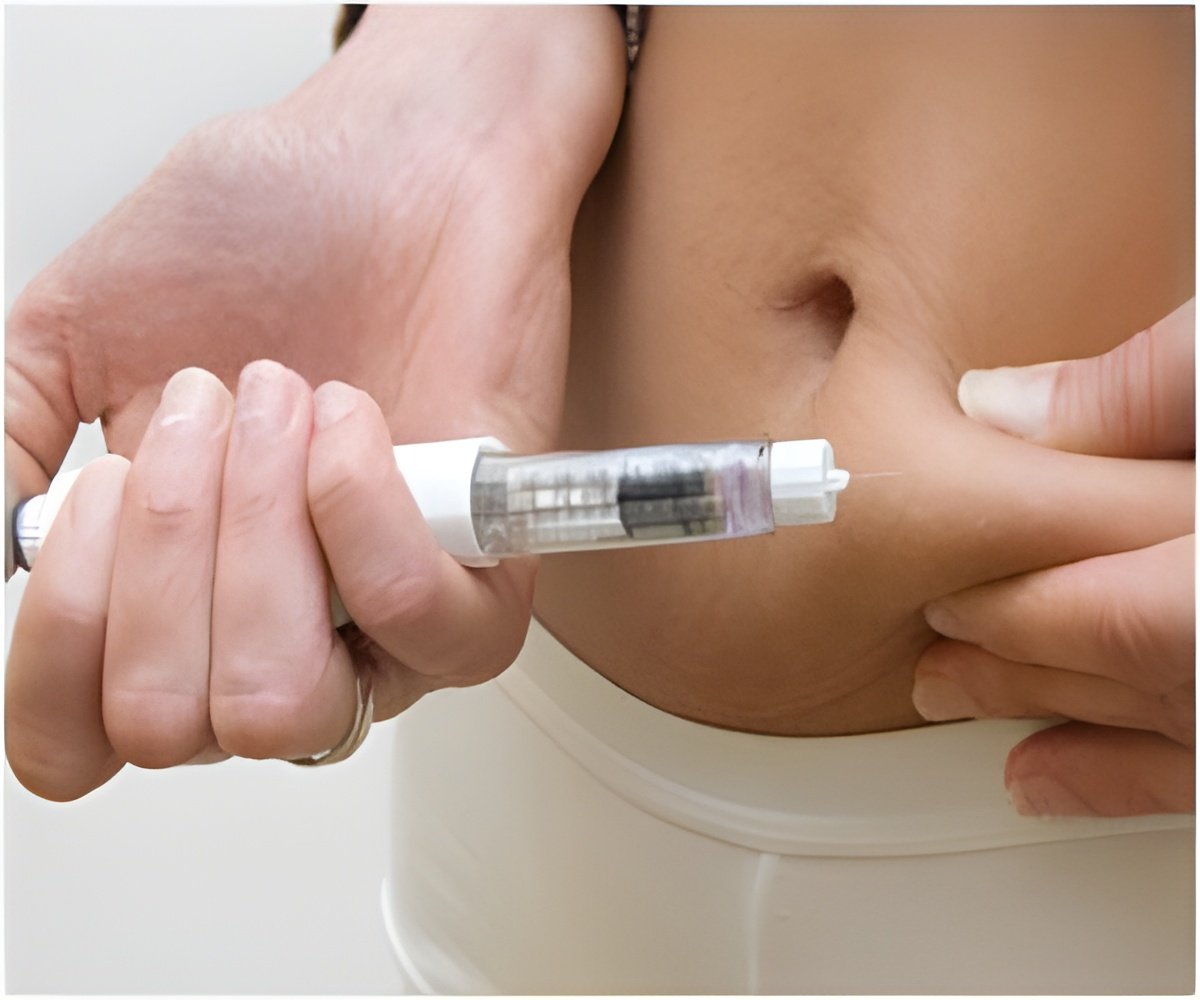A unique meta-analysis carried out by scientists have revealed that diabetes doesn't just increase the risk of certain cancers, but also the risk of dying from it

Dr De Bruijn, a PhD student in the Surgery Department at the Erasmus University Medical Center in Rotterdam (The Netherlands), and colleagues analysed results from 20 trials that had taken place between 2007 and 2012, involving more than 1.9 million patients with breast or colon cancer, with or without diabetes.
They found that patients with diabetes had a 23% increased risk of developing breast cancer and a 38% increased risk of dying from the disease compared to non-diabetic patients. Diabetic patients had a 26% increased risk of developing colon cancer and a 30% increased risk of dying from it compared to non-diabetic patients.
Dr De Bruijn will say: "The results for breast and colon cancer incidence in patients with diabetes are consistent with other meta-analyses. Furthermore, this meta-analysis shows a higher risk and a stronger association between diabetes and death from breast and colon cancer than previously reported.
"Cancer patients who are obese and diabetic are an already more vulnerable group of individuals when it comes to surgery, as they have an increased risk of developing complications both during and after surgery. If more obese and diabetic patients have to have an operation because of cancer, healthcare costs will increase.
"Worldwide, the numbers of obese and subsequent diabetic patients are still increasing and it is a cause for concern that these individuals are at a higher risk of developing cancer and dying from it. Studies have already highlighted the increased risk of developing cancer for diabetics. Our meta-analysis, which is unique since it looks at the risks for breast and colon cancer while excluding all other causes of death, provides stronger evidence for the association between diabetes and the risk of developing and dying from these cancers. We want to make people more aware of this problem and we hope that prevention campaigns regarding obese and diabetic patients will focus on highlighting this increased risk."
"It is extremely important that prevention campaigns on obesity and diabetes are intensified and that they also focus on children, to prevent them from becoming obese and developing cancer later in life," she will conclude.
Professor Hans-Joerg Senn, scientific director at the Tumor and Breast Centre ZeTuP, St Gallen, Switzerland, said: "The message from the Erasmus Medical Center is disturbing and highly important, for the medical community, as well as for the public and politicians. It highlights once more the importance of the negative interactions between lifestyle, metabolism, overweight and certain frequent types of cancers, such as here between diabetes, obesity and breast cancer as well as colon cancer. It is time for increased and more effective information and prevention campaigns, especially in the economically developed world, where caloric abundance is prevalent."
Source-Eurekalert
 MEDINDIA
MEDINDIA

 Email
Email










